Table of Contents
TRANSCRIPT
Carcinogens come in various types, and there is overwhelming evidence showing that food choices affect the risk of cancer. That’s why today, we will spill the beans on the top eight foods you should avoid, as they might be carcinogenic.
8 foods you should avoid
8. Instant noodles
In many countries, cultures, and traditions, noodles and ramen are consumed as a staple food. However, eating them daily has been linked to adenocarcinoma, a cancer originating in glandular cells.
Cancer happens when cells grow and spread too quickly, which can be caused by bisphenol A in noodles. This compound mimics estrogen and blocks estrogen receptors, causing cell mutation and uncontrolled proliferation. Some noodles also contain traces of ethylene oxide, a leading carcinogenic factor.
Moreover, instant noodles are high in sodium. Sodium is, without a doubt, an important part of our diet, but excessive daily intake can be harmful. The excess sodium, when it enters the stomach, can damage the gastric mucosal lining and enhance temporary epithelial proliferation, thus increasing cancer risk. Eating a lot of sodium also promotes the growth of H. pylori bacteria in the stomach, and this bacteria is a well-known cause of gastric cancer.
So, the high amount of sodium is mainly what makes instant noodles potentially linked to cancer. Most of this sodium comes from the sauce or soup package. To consume instant noodles safely, you can choose to eat only the noodles and avoid using the sauce or soup.
7. Red meat
Proteins are widely enjoyed, with a particular fondness for meat sources. Various research has proven that among our dietary proteins, the specific red meat category is carcinogenic for multiple body sites. This includes an increased risk of colorectal cancer, hepatocellular carcinoma, increased lung cancer risk, endometrial cancer, breast cancer, and more.
When red meat is cooked at high temperatures, it undergoes a process that produces heterocyclic amines (HCAs), which can be considered carcinogenic. Moreover, the formation of carcinogenic N-nitroso compounds in our bodies after consuming excessive red meat is a major cancer-causing variant associated with mammalian meats. So, it’s best to opt for white meat over red meat. But what if you still want to enjoy red meat regularly? A study suggests that preheating and wrapping can reduce the production of cancer-causing compounds when cooking.
Read more: Does Eating Meat Cause Cancer? Dairy, Red Meat, and More
6. Soybean oil
Plant-based oils are not often considered harmful; thus, even overconsumption is overlooked. However, a theory about soybean oil may surprise you: excessive consumption of soybean oil can lead to bladder cancer.
The fact that soybean oil is high in omega-6 fats, which enhance inflammation in the body, can be one reason. The second reason is the presence of glyphosate, a known carcinogen, in soybean oil.
However, not much research about this can be found yet. A study involving over 30,000 Japanese participants, with a follow-up of about 13.6 years, revealed that higher soy intake was linked with a decreased risk of bladder cancer in men. However, this protective effect was not as evident in women. So, further studies are needed to confirm the link between soybean and bladder cancer.
Read more: How Much Sugar Is in Milk? Best Milk for Diabetes
5. Alcohol
Alcohol accounts for about 4% of total cancers globally. Drinking alcohol can raise the risk of upper digestive tract, liver, and breast cancer. Simply put, alcohol is the culprit behind the body’s inflammation and elevated oxidative stress, which ultimately results in DNA damage. And be careful, folks! Drinking hot beverages like hot coffee, tea, and maté might also lead to esophageal cancer due to thermal injury to the esophageal lining.
According to certain research, having three or more daily alcoholic beverages—such as beer, liquor, red, and white wine—raises your risk of developing pancreatic and stomach cancers. This is because when you drink, alcohol moves directly to the liver. The liver then breaks it down and releases harmful aldehyde chemicals. This chemical damages your DNA and impedes the body’s ability to repair it, causing mutations that can ultimately lead to cancer.
Moreover, excess alcohol intake, or about more than two drinks a day, can increase the levels of some hormones like insulin. This higher level of hormones can cause the cells to divide more rapidly, promoting the spread of cancer. Insulin-releasing enhances the production of a hormone called insulin-like growth factor I (IGF-I). This hormone promotes the growth of tumor cells in our body, ultimately leading to cancer.
Read more: Muscle Pain on Right Side Under Ribs: When to Worry
4. Processed Meat
Pepperoni pizzas and hot dogs are many people’s favorite foods. But did you ever ponder, after going through all that processing, it still contains only benefits for us? The additives that come with the packaging and preservatives are one of the leading factors that make processed meats carcinogenic. High-heat cooking also triggers (HCAs) and polycyclic aromatic hydrocarbons (PAHs), pushing the body toward cancer.
Not one or two, but many types of cancer, including breast, colorectal, lung, renal, and prostate cancer, have been associated with high processed meat consumption. Additives such as nitrates and nitrites, including sodium and potassium nitrites, used in processing have also been proven carcinogenic.
3. Betel quid Chewing
Chewing betel quid, a chewing food made from areca nuts and tobacco, can be traced back almost 2000 years ago, and many cultures claim to have found some benefit. This food is very popular among blue-collar workers in South Asia and Taiwan. But, it is an undeniable fact that the habit of chewing betel quid is associated with tooth decay, oral submucous fibrosis, or even cancer of the mouth and esophagus. The Areca nuts disturb the microbiota of mucosa, causing alteration and enhancing oral inflammation, which can later turn out as cancer development.
Various studies show that Areca nuts contain alkaloids responsible for causing DNA damage and cell proliferation. Additionally, they induce inflammation in the body and inhibit tumor suppressor genes, thus making the body more prone to develop cancer.
In fact, betel quid chewers have 28 times the risk of getting oral cancer compared to non-chewers. People who chew betel quid and smoke face a 58 times higher risk, and those who chew betel quid, smoke, and consume alcohol have a 123 times higher risk.
Among the people who are habitual of chewing Areca nuts, significant increases in the incidence of cancers in the lungs, liver, pancreas, larynx, and stomach have also been observed.
2. Ultra-processed foods (packaged foods with additives)
As the routine becomes increasingly busy, people are also looking for easier ways to have a meal that only requires a little time to prepare and eat. At this point, ultra-processed foods seem like a great option. But at the convenience of time, the price to pay is your health. According to research, the consumption of ultra-processed foods is associated with cancers of the colon, prostate, breast, and pancreas.
Under the umbrella of ultra-processed, many food items can be listed as convenience foods, sweetened beverages, confectioneries, packaged, frozen, or pre-prepared ready-to-eat foods, etc. These foods cover about 25–50% of our daily energy intake. But who could have thought that these longer shelf-life foods shorten our life span? Yes, they contain multiple carcinogenic additives and chemicals. One of these is Bisphenol-A (BPA), which acts as a copy of estrogen, thus blocking its receptors and causing mutations. This mutation ultimately leads to cancer.
1. Fried Foods
Who doesn’t like deep-fried items and, on top of it, French fries? There is no doubt that almost everybody is a fan. But are you aware that deep-fried foods are dangerous for your health? If the oil is heated over and over again and then consumed, it can trigger the development of bladder and prostate cancer. Heating the oil to high temperatures also produces carcinogenic chemicals, such as HCAs and PAHs, directly in the meat.
Heating plants or plant-based foods also produces acrylamide, another carcinogenic compound. Foods like Onion rings or French fries produce high acrylamide. This can damage the DNA, thus inducing apoptosis or programmed cell death. The intake of acrylamide has been associated with endometrial cancer, ovarian cancer, lung cancer, kidney cancer, and even esophageal cancer.
Can milk trigger cancer?
The first food to keep an eye on is milk. A common theory is that milk contains the hormone IGF, which promotes the growth of tumor cells. Dairy and dairy products are also high in saturated and trans fats. These can be responsible for the development of liver carcinoma.
The link between milk and cancer has now been shown by multiple studies. Intake of more than 0.45 kg of milk per day has been linked to an increased incidence of breast cancer. (1) The contributing factors might be the estrogen and progesterone hormones in the milk. Some research has also shown milk consumption is associated with uterine, liver, and prostate cancer.
However, the link between milk and cancer is still a matter of debate, with many studies providing mixed evidence. As of now, there’s no specific recommendation on how much milk you should drink daily. Still, it’s advisable to consume milk in moderation.
Are refined grains carcinogenic?
This term “refined grains” falling under the group of “carcinogenic” might be shocking to many people, as these grains are mostly included in our daily routine as our staple foods, such as white rice, white flour, breakfast cereals, and white bread. In fact, eating too much refined grains can trigger obesity, a common risk factor of cancer.
Moreover, all refined grains have gone through a process of husk removal. This process deprived them of their bran and germ layers, leaving them with just endosperm and, without a doubt, making them more palatable and instantly digestible. This refined form of grain is now triggering our insulin at a sky-high rate, which in turn enhances the production of the hormone IGF.
However, the relationship between refined grain intake and cancer risk is still inconclusive. Also, the terms ‘whole grain’ and ‘refined grains’ are often vaguely defined, making conclusions about diseases associated with grains less reliable.
Summary
The article outlines eight foods associated with increased cancer risk: instant noodles, red meat, soybean oil, alcohol, processed meats, betel quid chewing, ultra-processed foods, and fried foods. It emphasizes the importance of moderation and awareness of dietary choices for cancer prevention.
- Breast Cancer Awareness: Knowing the Signs Could Save Your Life
- Does burnt food cause cancer?
- Is Burping a Lot a Sign of Cancer?






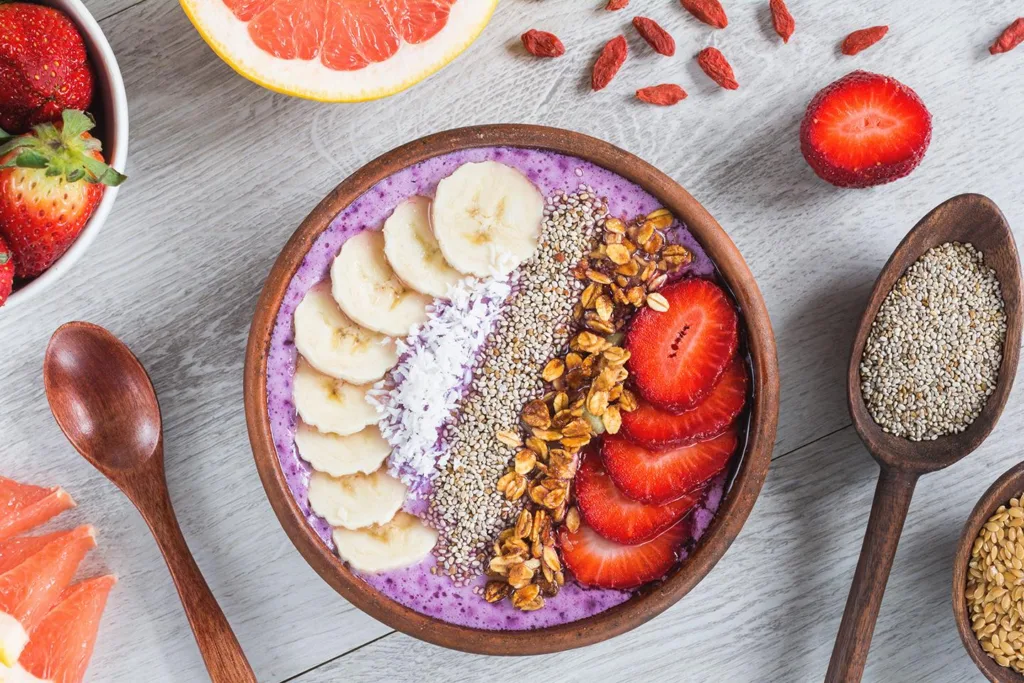
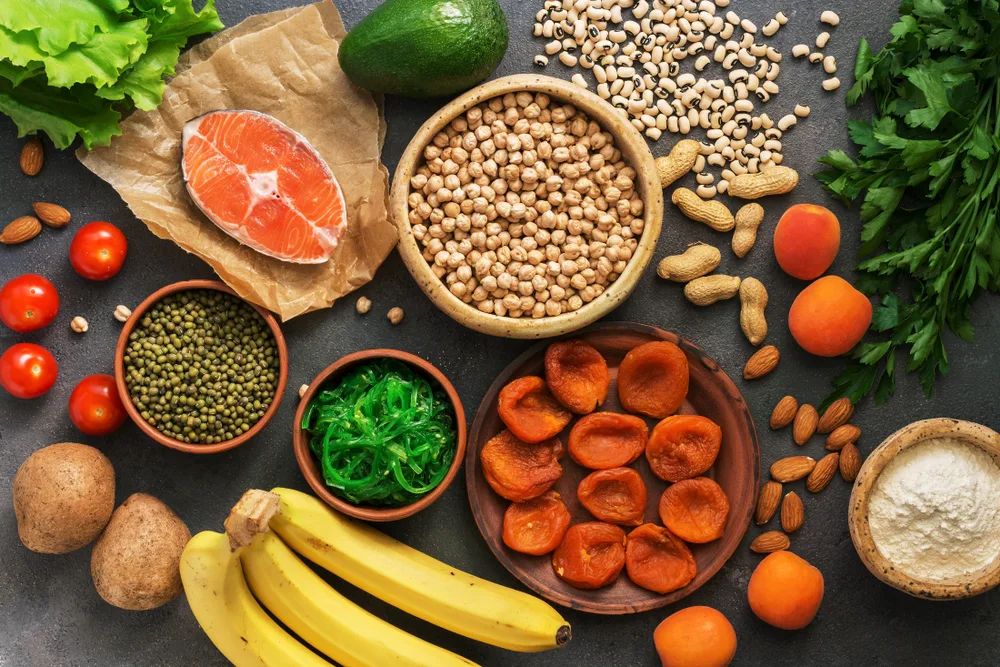

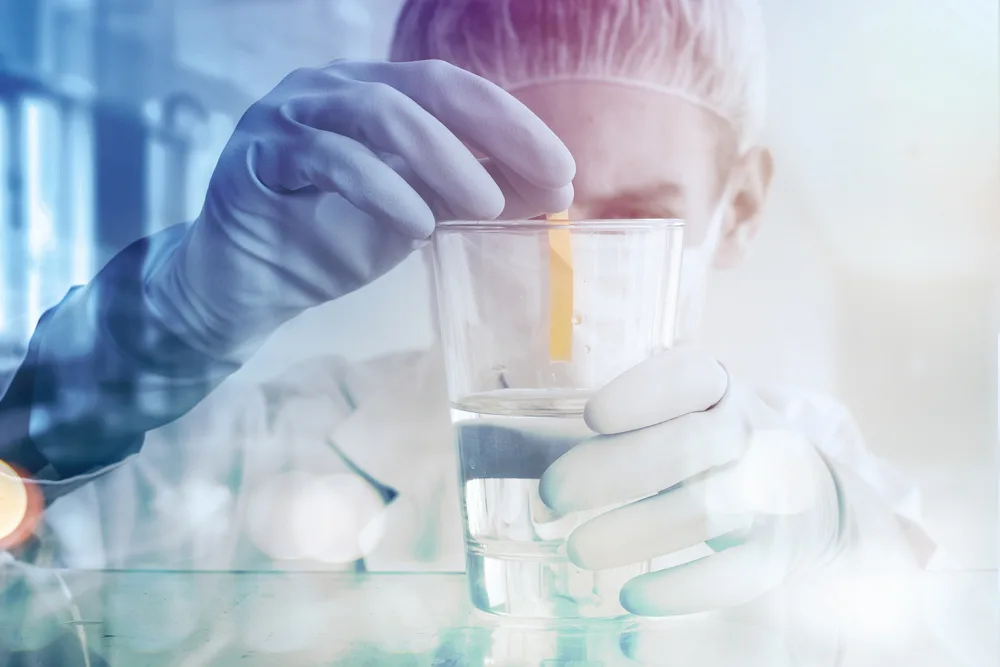
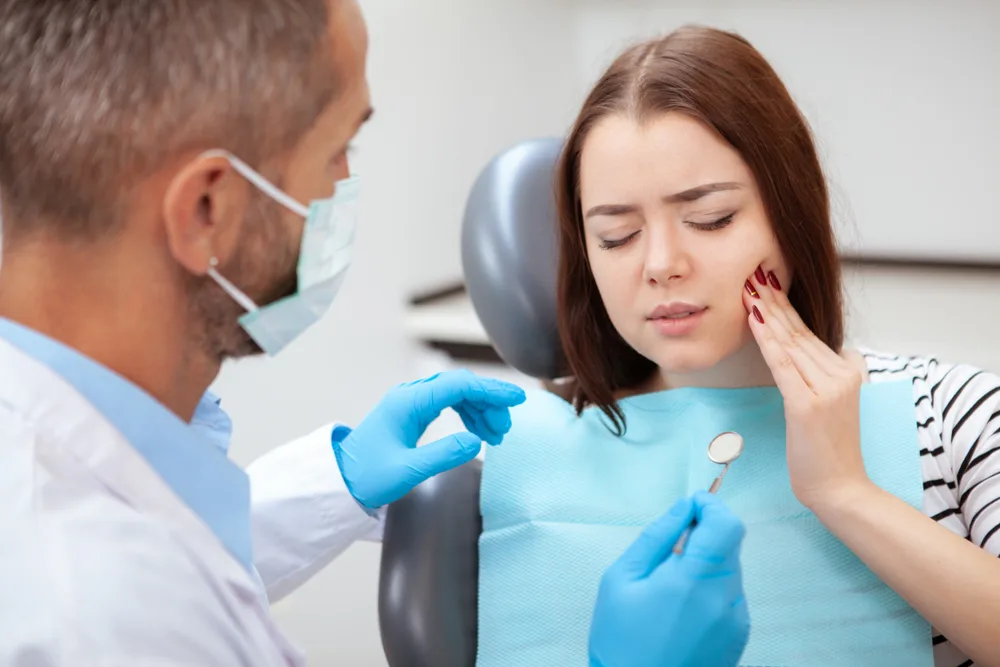
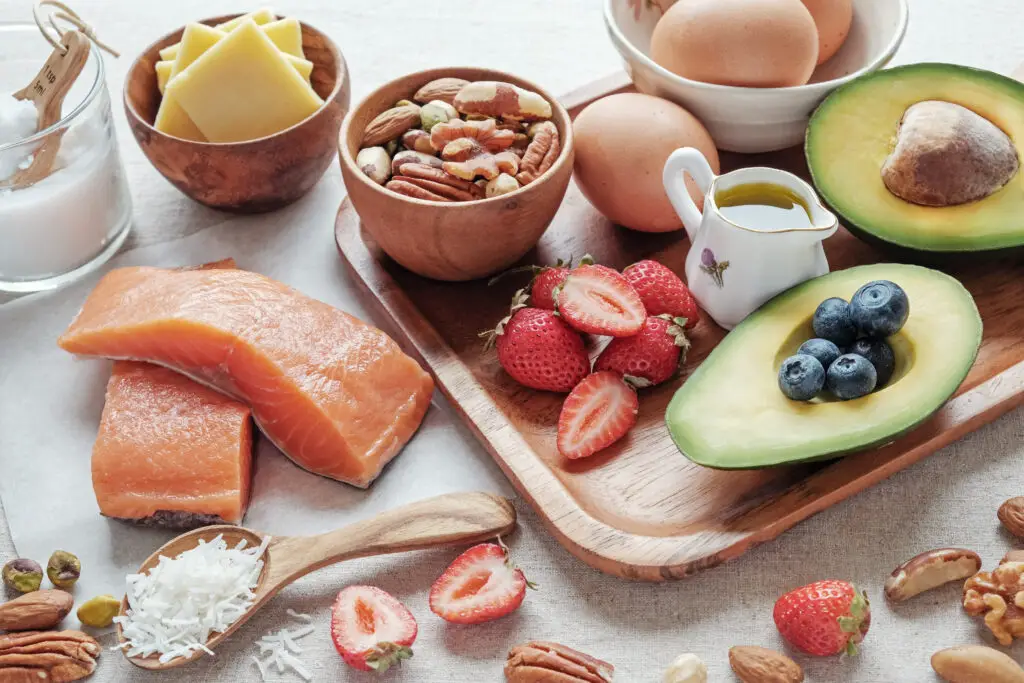





Comments
0